When do civil rights become “interim?” Seems an odd question, I know. Did you know that it’s possible for a child’s civil rights to be deemed “interim” when dealing with accessibility issues in the instance of, say, a differently-abled 11-year-old child and his questioned right to play at a public playground?
This decision, delayed several years at this point even, was passed down from a state Supreme Court while it is being deliberated upon whether this child might have the right to play, as other children do, on a public playground in his hometown. Go ahead and wrap your brain around that one. I’m trying. There could be extenuating circumstances though that warranted a delay?
But doesn’t it seem like a no-brainer that a child should have the right to play on a playground? Of course, there are rules to follow, the breaking of which might make said right temporarily null and void. Is the child hitting, cursing, causing injury to others or even himself?
These are reasons a child may not be granted the privilege of play, but that usually results in a time out of sorts and a chance to reflect and refocus himself so that he understands that he needs to be respectful of others and even of himself.
So what if you have a child who may not communicate well or is differently-abled who makes a mistake and says something he doesn’t understand but which we all know to be vulgar and disrespectful? What if this same child makes loud noises when playing that other children may not understand, and maybe it scares them? What if his boundaries for physical play with another child aren’t the same, maybe he invades someone’s personal space unknowingly, and he has to learn that these boundaries need to be respected? How do we handle this?
With a toddler, for instance, we might redirect him with a timeout, note his behavior as unacceptable and teach him to respect boundaries of others as well as safety concerns for all.
What if this older, differently-abled child has seemingly run over the boundaries and maybe violated every safety concern there might be, only because he isn’t as emotionally, socially, or intellectually developed as his peers and is in the process of learning as a toddler might be? What if he crosses these boundaries in a big way, and we know he doesn’t have capacity beyond a toddler at this point to understand what he has done? But we do know he needs help understanding.
Should he be treated differently in this case than a toddler who needs to be taught so the action is not repeated and so he can learn to interact with society? Should we assume he cannot be taught because he happens to be this younger spirit in the body of an 11-year- old child? What age is too old for us to teach?
What is the solution to this? We all know that children with special needs are not just turned loose on a playground to play. Is it about whether some communities are better equipped to deal with differences so it’s easier not to let a child play? There are definitely two sides to this issue, and I have offered a lot of questions for your consideration. Maybe it’s an issue we all need to evaluate within our communities. Think it over. I would love to hear your comments.

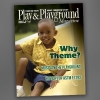


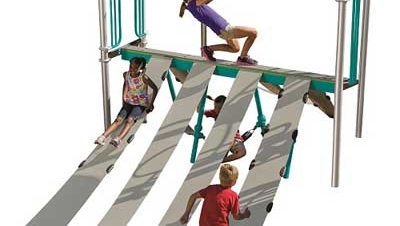


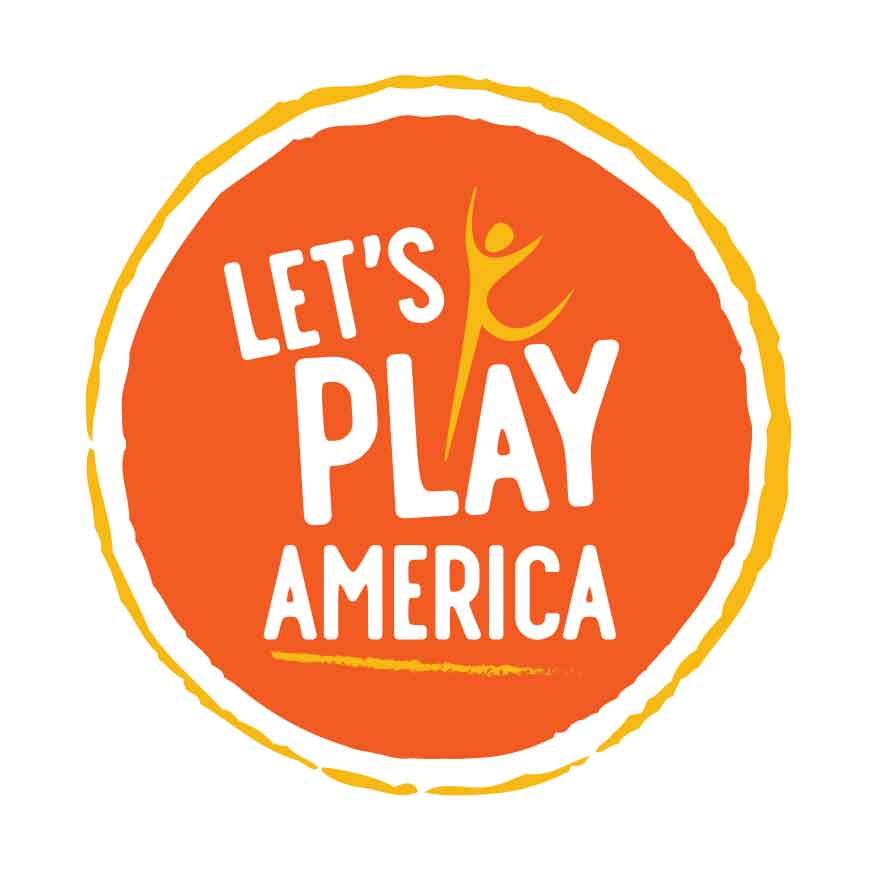
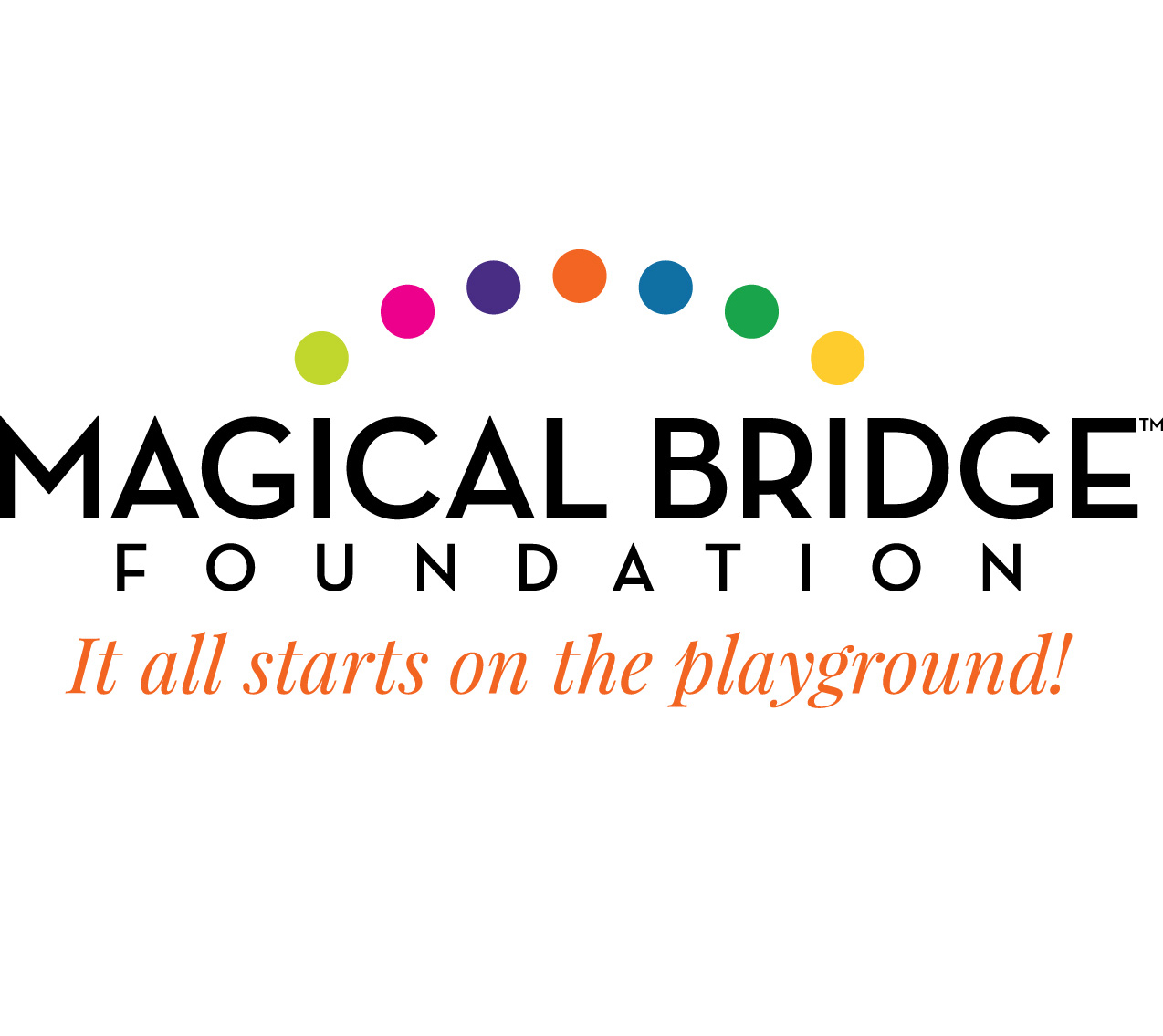

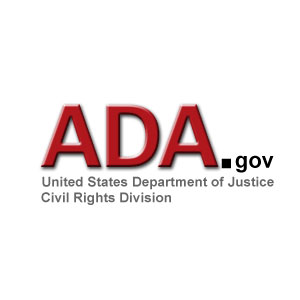

Add new comment